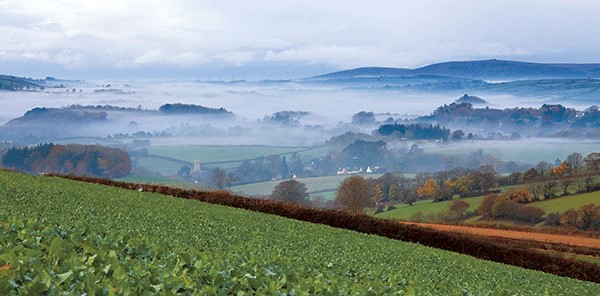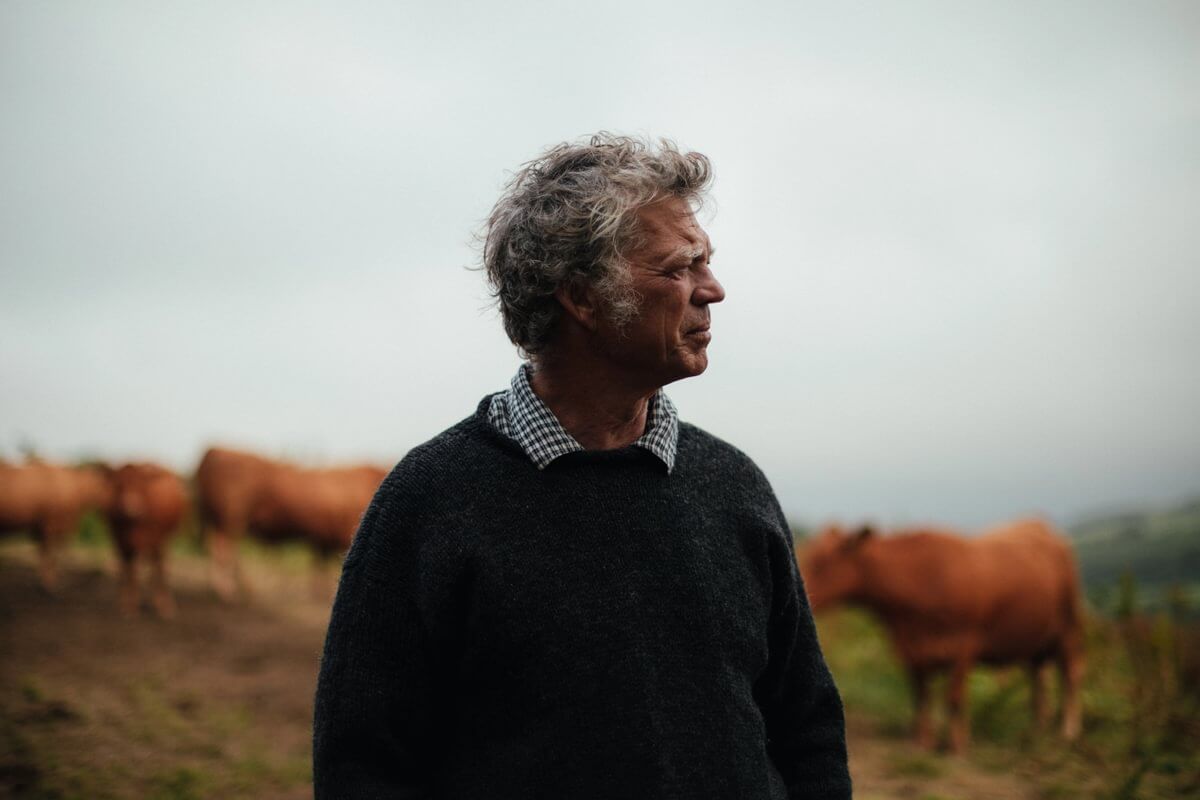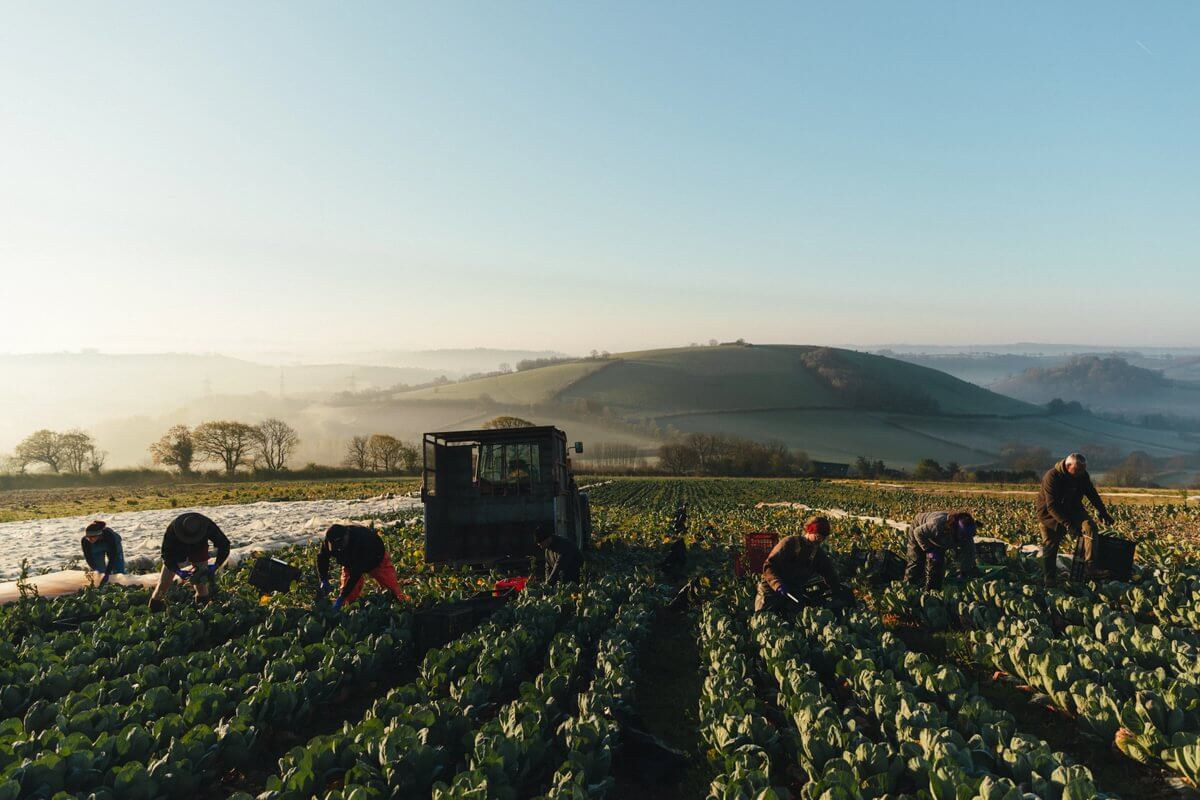To spend two weeks debating climate change, while barely mentioning the fossil fuels which cause 89 per cent of it, should be unbelievable – but given many people’s current expectations of our politicians, it somehow seems normal.
COP26 represents a triumph for fossil fuel industry lobbyists, and a tragic failure of global governance. My only hope comes from the rising pressure from citizens that will, one day, force change – plus the fact that we don’t have to wait too long for an attempt to do better, as countries will meet again next year to revisit their pledges.
Given that the science is clear, and the emerging solutions are both doable and affordable, one might conclude that collectively we just don’t care enough about the future of our planet and our children to act.
Human nature can be both selfish and extraordinarily altruistic; what makes the difference is the behaviour we see normalised around us. We live in an era of unbridled personal greed, accompanied by declining standards in public life, which can easily make anyone aspiring to behave better feel like an isolated mug – and seeing politicians, celebrities, and billionaires arriving in Glasgow in private jets, or MPs lining their pockets while lobbying for oil companies, undermines the individual sacrifices (e.g. higher energy bills) that the rest of us will be asked to shoulder for collective salvation.
I now read with disbelief that ExxonMobil, perhaps the worst of the oil companies in terms of funding climate change denial, will be officially advising our government on the UK’s path to net zero through Carbon Capture, Utilisation and Storage (CCUS).
This is the favoured option for oil companies, because it allows business as usual – but CCUS currently accounts for 0.1 per cent of emissions, with no rapid rise in capacity expected. I remain convinced that taxes on carbon (or directly on fossil fuels) offer the only realistic path away from catastrophe – and that the obstacle is not a lack of public, or even in most cases business, support, but the depressingly low standards of global leadership.
Noam Chomsky tells us: “If you assume that there is no hope, you guarantee that there will be no hope. If you assume that there are opportunities to change things, then there is a possibility that you can contribute to making a better world.”
Whether in China, Australia, the USA, or the UK, the change we need most is in the example of morality and personal behaviour set by those at the top – unlocking hope, and action, for us all.













Thank you Guy for, as usual, a clear and thoughtful analysis of the situation.
The Naomi Chomsky quote was particularly appropriate as it is so easy to feel there is no point in trying on occasions, when one looks at the antics our so-called leaders.
Bleeding autocorrect – Noam not Naomi!
It might be time to get hold of Jane Goodalls’ Book of Hope
Yes, I needed to hear that quote!
And so as expected COP 26 or whatever the number is came up (or is down) to espectations – the world’s so called leaders all flew in (mostly in Private jets of course) and did very little except enjoy a nice party – the climate of course got precious little and most of those who it does matter to go even less! So the media slagged off Putin and the Chinese fellah for not attending – but you know whilst I think they should have at least they are the only truthful leaders we have! “we don’t believe it so we are not doing anything about it [or maybe we are not allowed to believe it – our people would destroy us if we did do anything”
Sad in’it but of course it has been expected – now next year we have another party and again nothing much will be done!
So disappointing. It seems that all their energies go into PR “window dressing” exercises, which are of course designed to pacify and deflect attention from their REAL concern – that addressing the issues effectively would threaten their filthy lucre.
At least for the UK, our govt’s attitude shows how broken democracy is. They were voted in on the basis that they would deliver Brexit. I think if the Monster Raving Loonies had been the only party offering hard brexit, they would have won. And now, the same Loonies – sorry, Tories – hosted the world’s biggest climate conference while holding zero climate policies.
But my humble opinion on the climate crisis is that we need carbon budgets. We currently only have one – the climate scientists’ global carbon budget. But we need one for every nation, and even for every person in each nation. Sadly, perhaps ironically, managing your own personal carbon budget is seriously challenging!
Riverford’s role would be to put the carbon emissions on every item they sell so we customers can quickly tot up exactly how good or bad our food is and make informed choices – whether it’s meat, dairy, lentils or bananas. How else am I going to stay within my carbon budget?
Hi Adam,
A carbon budget is interesting, but should we just focus on one barometer of sustainability, carbon emissions, even though it is an important one obviously? Biodiversity, nitrous oxide, water usage, soil health, carbon sequestration, and land use are all important measures and the overall sustainability depends on how these are interconnected.
Do you think it’s feasible a) to measure this accurately? b) communicate this multi-factorial notion of sustainability effectively to people so that they can make more informed decisions?
Best,
Jack
If we let ourselves get bogged down, then we’ll lose valuable time. Lost time equals worse climate change and worse resulting impacts. What you’re asking and I hear it a lot, is how do we get directly to sustainability utopia? CO2 emissions are the first step. If we can significantly reduce CO2 emissions, we can win ourselves more time on all fronts. It’s got to be the biggest focus. How to get from here to sustainability is a Wicked Problem, and who knows best – I don’t know.
The UN Sustainability Development Goals are a description of the minimum requirement. I’m putting together and advocating for a wide-ranging approach to climate change that tries to cover as much as possible natively, it’s called Universal Carbon Credits and it would require you (Riverford) to put your CO2 emissions per product onto the price label. But the effort to do that would not be borne solely by you, so it to answer (a), yes it would be feasible. The answer to (b) is that the multiple sustainability factors would become more communicable under this UCC framework.
On a simpler level without such a framework though, not having the CO2 emissions info available for buyers makes it difficult – it’s akin to asking a Weight Watcher to guess what food s/he should choose without telling them the calorie count.
So I’ve heard from Zac Goodall, Riverford’s sustainability manager that:
‘Organic can come out badly in LCA because its a very black and white look at inputs – organic is , on paper, less efficient than conventional per unit of food produced in many cases. LCA doesnt always effectively account fo the wider biodiversity, soil health, water safeguarding benefits of organic, unless scoped into the calcs properly.’
‘e.g. brassicas from Riverford; probably slightly worse on landuse than conventional, but better on carbon, aquatic toxicity and water use . Justified because the land base we use is stewarded a lot better than many conventional fields.’
All these aspects interconnect, and we have to look at the system as a whole rather than one dimension (while an important dimension) otherwise we’ll get unintended consequences. While the LCA may come out lower for some intensively farmed broccoli with high input use because it uses up less land per unit, and grows quicker with chemical fertiliser, we need to ask ourselves do we want to encourage this sort of growing system? Would we instead prefer one that promotes biodiversity, has good soil health which prevents flooding, retains water in droughts, and sequesters carbon?
I think the calorie analogy is interesting because promoting a healthy diet is far more complicated than just counting the calories that we intake.
Best,
Jack
Alright, I see you’ve got a marketing problem. I’m not going to start buying agro-industrial broccoli for the climate just because of the carbon footprint. (Is LCA = Life Cycle Analysis?) but then I’m educated to Masters level and seriously active in sustainability. Thanks for the example. I was given another example during a similar discussion, this time about battery farm eggs 🙁
The issue is though that the end consumer needs the information. So how are we going to get the full picture? To take the calorie content & food labelling analogy further, it sounds like a more complete label is necessary – not just CO2, a bit like Protein, Carbs, Fats, vitamins and minerals. I’ll have to look into it. Maybe the Soil Association are onto this? Perhaps a sustainability traffic light?
Exactly there are always trade-offs to be had, but I think incorporating those trade-offs in any labelling system will be important. We don’t want to offput producers trying to the right thing, whether that is animal welfare, input usage, production system, pesticide use, promoting biodiversity, etc.
There was a good article on the nuances of eco labels earlier this year.
https://wickedleeks.riverford.co.uk/opinion/ethical-business-biodiversity-net-zero-animal-welfare/eco-labels-are-complex-could
All the best,
Jack
That’s the here-and-now. What I’m always concerned about though is that only 15% of people are likely to actually look at the label, whatever it is. Hopefully that will change if or when a label is introduced, but we don’t really have time to wait for the public to slowly start taking heed of eco-labels like they do with the energy labels on white goods.
Are you studying right now? I checked out your profile – it says “CIty University” – if you’re in London and fancy a coffee, drop me a line.
Absolutely, a transition to a sustainable system requires a broader societal and structural change. It can be driven by passionate individuals and companies but at some point, we need stronger and more decisive action from government.
I’m cynical that a label, again puts the emphasis on the individual to change, rather than the structure and environment in which we live.
I am indeed in London, I’ll drop you an email!
Reducing Carbon Dioxide to atmosphere is fundamental to success. People take for granted the overwhelming benefits of modern plastics, rubbers, and allied technology. These are easy to form, highly durable engineering wonders. At the same time those properties create hazards in the environment that need to be mitigated and managed. One available safeguard is capturing the pollutant at source and storing it forever. Carbon capture does just that turning CO2 into carbonate below ground immobile forever and inert. No business or material will survive unless carbon neutral operations are delivered. We need all available solutions to tackle the crisis. When regulators (Government) assert that licence (budget) for large scale CO2 release is legally required via the Environment Agency then companies will respond and could respond quite quickly at least on an agreed plan. Denial of technological advances will not progress the change. Denial delivers disappointing outcomes in every context as the Environmental reality does not care about politics at all.
Riverford are a leader and I admire the evident progress towards zero carbon delivery. Lead by example and embrace opportunity together.
I totally agree.
I am sponsoring research to show how carbon taxes, ideally coupled with Border Carbon Adjustment Mechanisms, would impact farming. The research, at Newcastle Uni, is only just starting. I hope the results will be encouraging!
That’s really interesting Henry. I feel like a strong part of the counter-argument to carbon taxes is that our production will just shift to other countries that will undercut us and be more carbon-intensive. So a Border Carbon Adjustment Mechanism would cut off that loophole.
On what areas of farming is the research focusing?
Could you expand on the sort of scenarios you might be modelling? ie a higher carbon tax = less livestock (to be very simplistic)
Exactly Jack, a Border Carbon Adjustment Mechanism (BCAM) means that taxes on fossil fuel inputs to farming, (fertiliser and diesel) would raise commodity prices as well as leading to behaviour change in farming. The first stage of the research will be to model producer changes. Yes, I do think livestock production based on grain would see the highest cost increases. The second stage of the research, which will follow in about 18 months, may be model changes in the market and consumer choices.
Sounds like a great piece of research – look forward to reading it when it’s published.
I’m interested in how it might affect price as well. Especially in times of inflation, no one wants to hear that really. Are you taking into account what would be politically acceptable?
I’d be interested in chatting about the project if you’ve got a spare minute? You can find me at jackthompson@riverford.co.uk